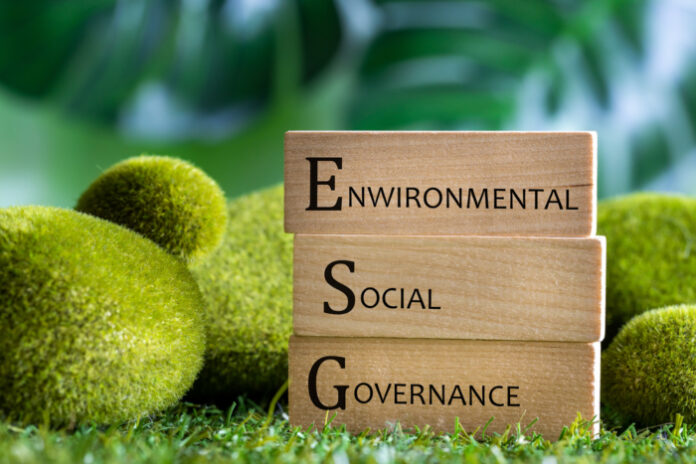Traditionally, when investors were assessing the potential of a particular company or stock to grow and return a profit, the focus was typically on factors such as the leadership, their revenue history, what level of debt they had and the market they were operating in.
These factors were considered to paint an overall financial picture of the company, which — it was hoped — would allow investors to predict how likely they were to continue being able to generate a profit in the long term.
In recent years, however, proponents of so-called ESG investing — which stands for environmental, social and governance — have looked to other factors to assess whether a business presents a good investment opportunity.
Advocates of ESG investing look at a range of ethically-minded factors that are focused on the impact a company will have on people and the environment, rather than purely on profit or revenues. And although ESG investing was once dismissed as a concept for the overly virtuous and idealistic, it has become increasingly popular with both institutional and individual investors.
In fact, the total value of ESG assets has been on the rise for quite some time, with an overwhelming majority of global financial companies now adopting ESG statements and reports as part of their core business practices.
If you are an investor hoping to make an ethical investment choice, however, what factors do you need to look out for? And how can you tell an ethical company from a non-ethical one?
Look for third-party certifications
One way of telling an ethical company is to check what third-party certifications they have pursued.
Companies can seek out a number of different certifications to prove that they take their ESG performance and ethical commitments seriously.
A common example of this is the Fairtrade certification, which certifies that the company in question abides by International Labour Organization standards, pays premium rates to workers they source materials from, and supports workers’ rights more generally. Similarly, the B-Corp certification process has become a popular option for companies seeking to prove their ethical credentials.
There is no one-size-fits-all certification, however, with numerous different options available depending on the industry.
Transparency
Another strong sign that a company is ethical relates to the level of transparency they provide.
If a company makes it easy to find information about how their business operates, their supply chain and the steps they are taking to offset any negative environmental impact of their business, this indicates a reassuring level of transparency.
Transparent companies regularly release reports that allow third parties and customers alike to inspect their business practices. And this transparency is a good sign of their ethics in general.
Do they back up their value statement?
With the rise of ESG investing, it has become increasingly common for companies to write up and publicize lofty value statements that set out the ethics they will operate by.
However, a value statement alone is not necessarily a good indication of an ethical company. This value statement should be backed up by action and an assessment as to whether these goals have been met.
Annual reports setting out this information are a good indication of a company that takes their ethical commitments seriously.
Respect for employees
Another strong sign of an ethical company is how they treat their employees.
Ultimately, good ethics begin at home — if it is clear that a company treats its employees fairly by providing good working conditions, fair wages and overall benefits, this is a good sign that the company is committed to operating in an ethical manner.
Ethical businesses value their employees and recognize their contribution to their corporate mission. They should value employees’ opinions and treat them equally.
Owning up to mistakes
In addition to the above, another sign of an ethically grounded company — which is all too rare in today’s corporate culture — is a business that can own up to any mistakes they make.
Owning up to mistakes is difficult and this is even more so when a company’s actions can affect thousands of workers and customers across the world.
However, truly ethical businesses know that it is better to own up to mistakes and admit wrongdoing, rather than hiding them or trying to avoid scrutiny. Ethical businesses know that admitting wrongdoing is the first step towards not repeating any past mistakes.
Find a Home-Based Business to Start-Up >>> Hundreds of Business Listings.














































